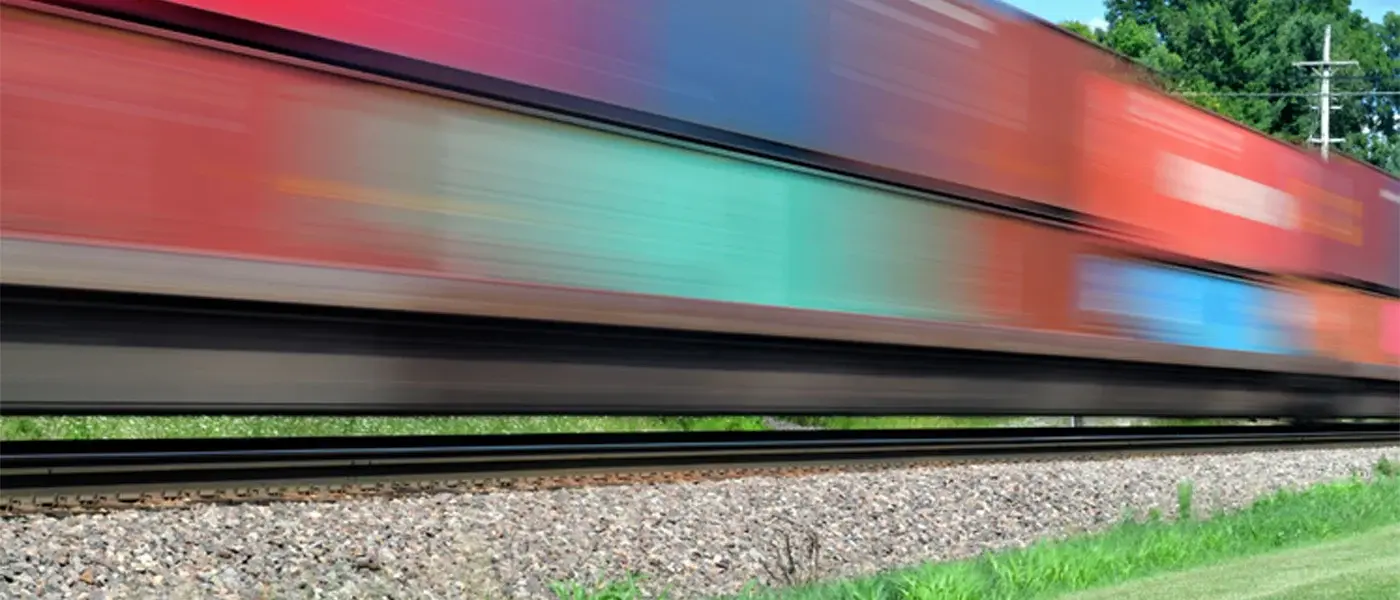Common Causes of Car Repair Billing Data Exchange Errors
Few rail car repair shops are immune to Car Repair Billing Data Exchange Errors and file rejections. When the Data Exchange returns errors, you’ll find yourself spending hours each month making corrections and resubmitting files.
So why do so many companies struggle with errors? The simple answer is how shops approach billing.
Overreliance on Subject Matter Experts
Many shops rely on their experienced billers to ensure billing accuracy. While there are many experienced billers, there are two reasons that this approach doesn’t work well.
First, there are hundreds of rules related to billing. Some rules are conditional, meaning that they do or do not apply depending on the situation. It’s unlikely that a single expert would be able to memorize every rule and conditional situation.
The second reason that relying on subject matter experts is risky is that AAR billing rules change frequently. The AAR updates rules at least quarterly, sometimes more, providing an ever-increasing number of rules to memorize.
Incorrect Billing Process Documentation
For shops that record repairs on paper, the forms should guide billers through what needs to be recorded. But often, these forms actually lead billers astray. For example, many CRBDX errors result from entries that are not AAR-recognized values. Many shops’ paper forms use internal codes instead of the correct AAR options. This results in these internal codes being submitted to the CRB Data Exchange, causing a rejection.
If you’re using paper forms, we recommend updating them to include checkboxes with the proper AAR format options included below, from Field Manual Rule 83.
Kind of Car Symbol |
Facility Type |
| A= Articulated | ET= Expedite Track |
| D=Drawbar Connected | RT=Repair Track |
| B= Boxcar | LR=Line of Road Repair |
| F= Flat | BS= Back Shop |
| G= Gondola | CS= Contract Shop |
| H=Hopper | |
| L= Covered Hopper | |
| R= Refrigerator | |
| T= Tank | |
| M= Miscellaneous | |
| P=Passenger | |
| E= End of Train Device |
Use of Billing Software that Does Not Validate Entries
Many shops use car repair billing software to make billing easier, yet many of these software systems don’t adequately guide billers through recording. A billing software should limit entries to proper AAR values and integrate with Railinc. Integration with Railinc applications allows for a billing software to pull the correct component identification information and automatically close alerts for the user. More importantly, a billing software should manage all AAR rules and rule updates for your team, so you can bill seamlessly even as rules change.
How can you apply this knowledge?
All shops can benefit from consistent process evaluation and improvement. To identify the likely cause of your errors, look at which errors your team receives consistently. If they’re invalid value errors, it’s likely a process documentation issue. If you are using a car repair billing system that manages AAR rules for you but are still seeing errors, the problem likely lies with your software.
For a system that manages all rules, filing, and industry knowledge for you, learn about our CarLogix repair management system here.
